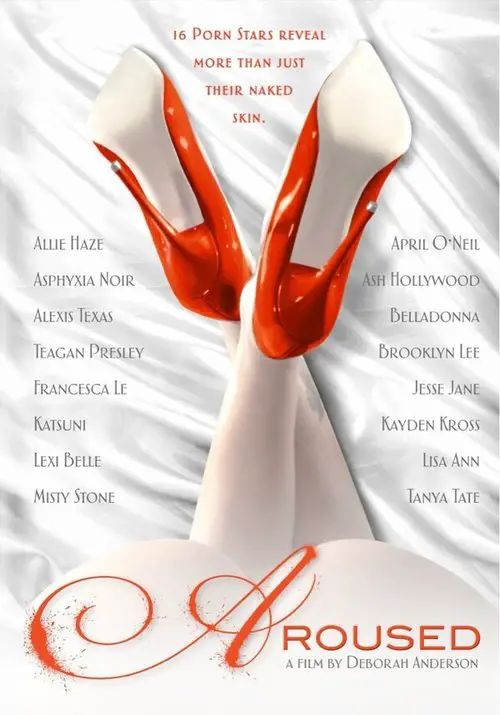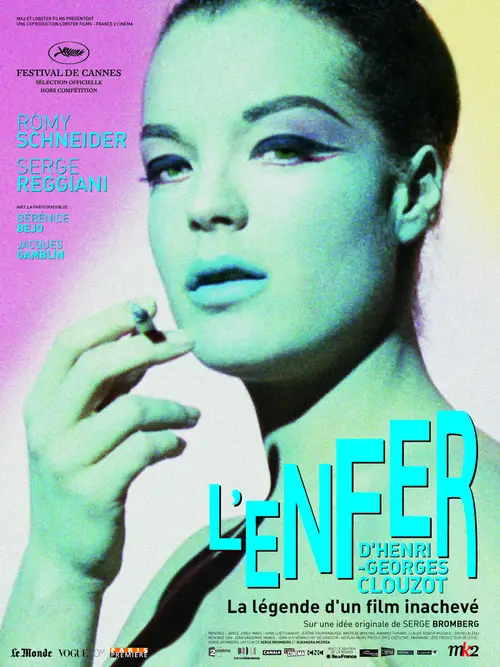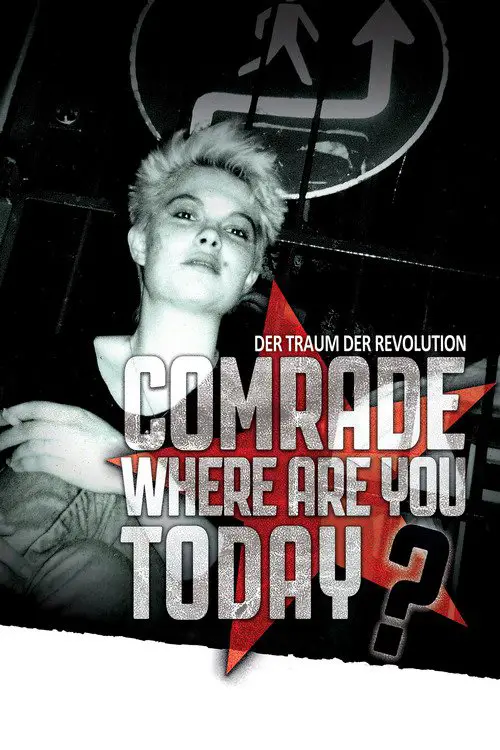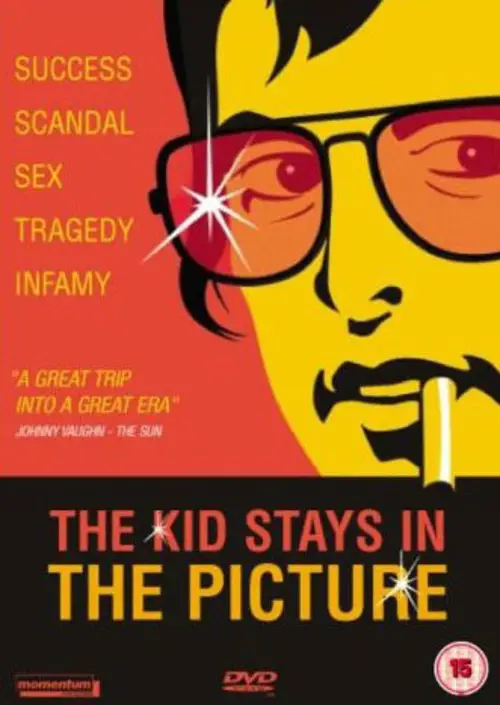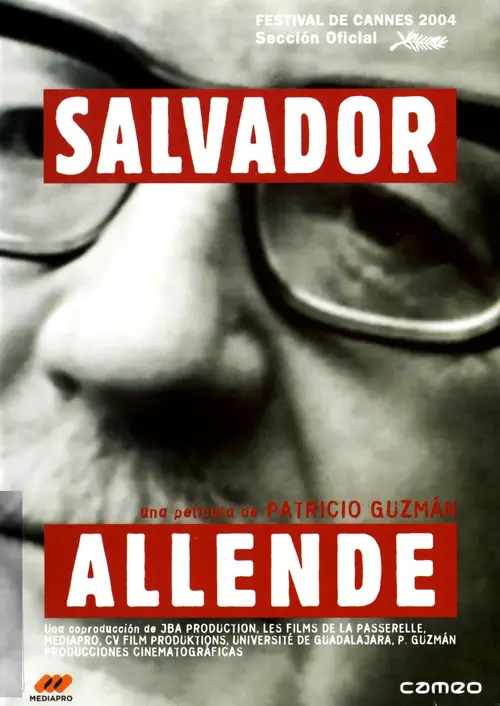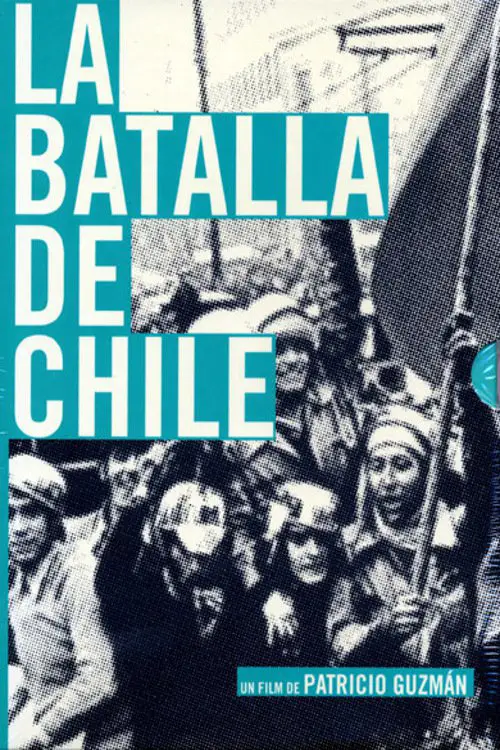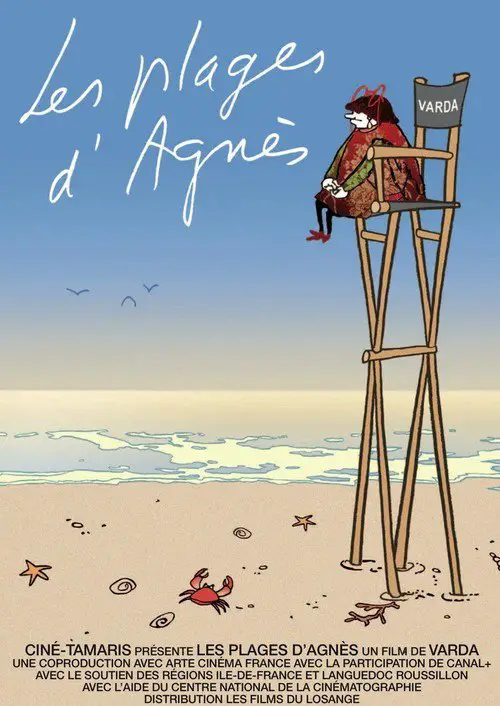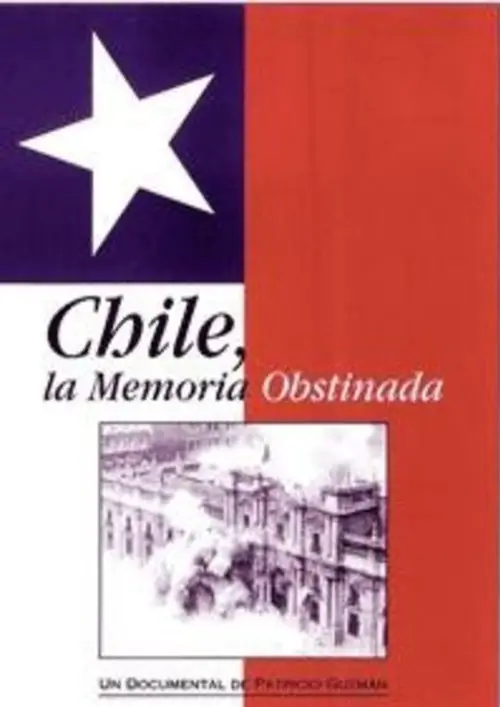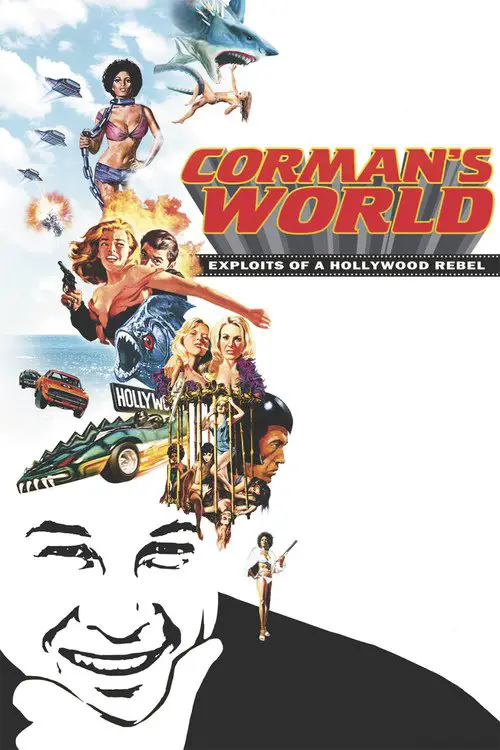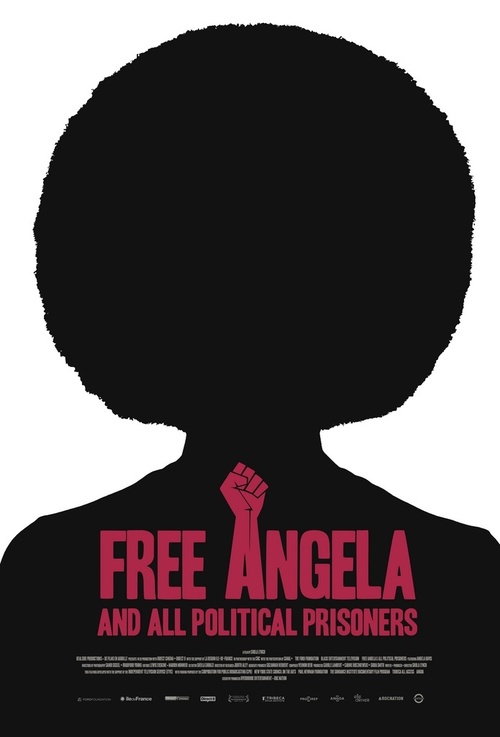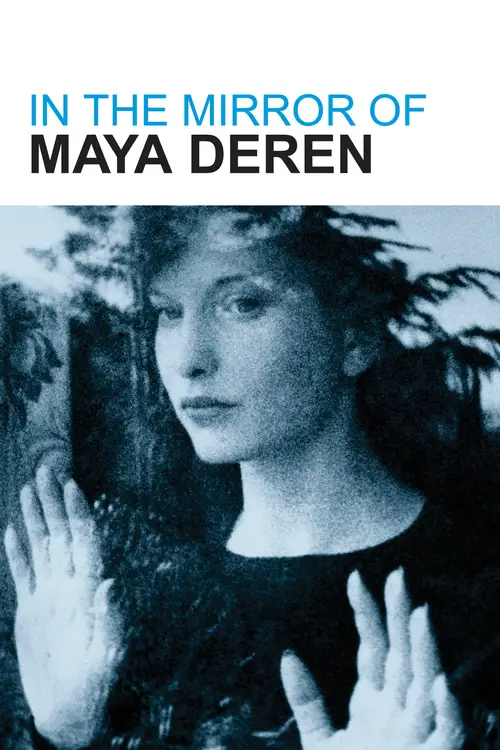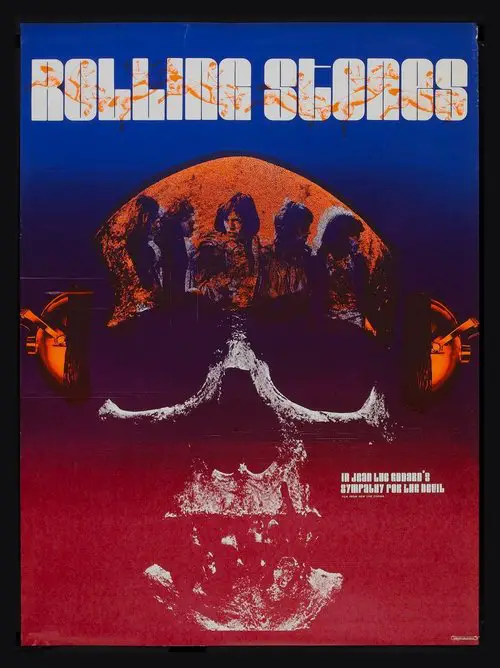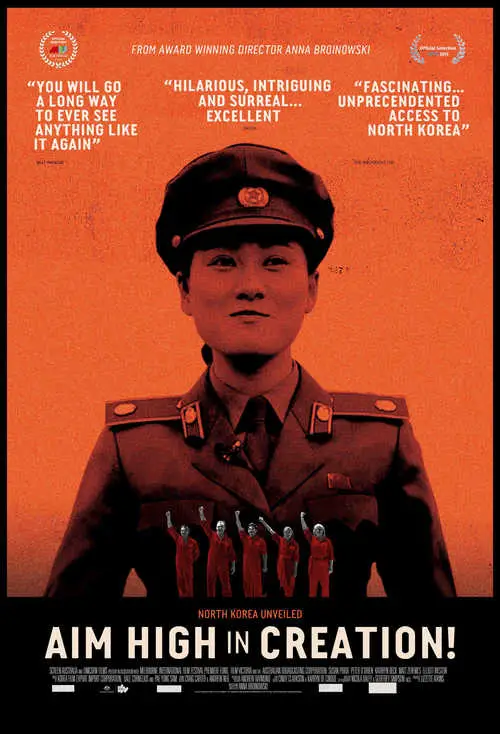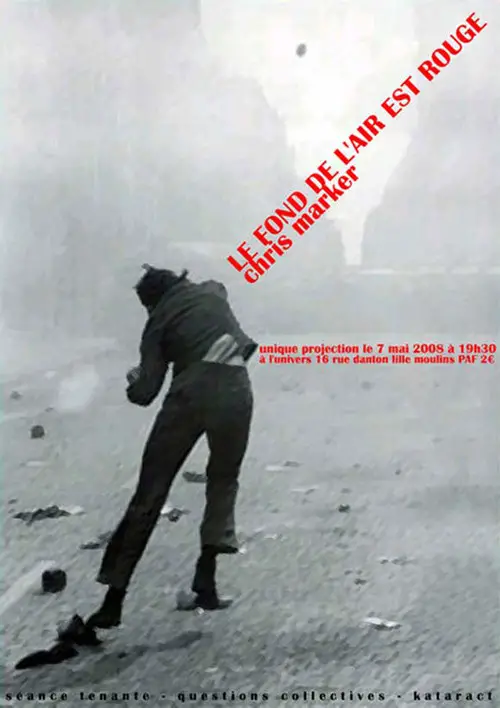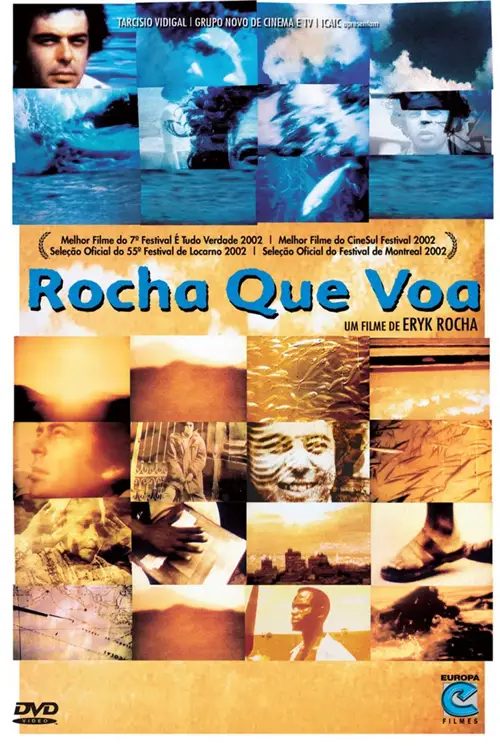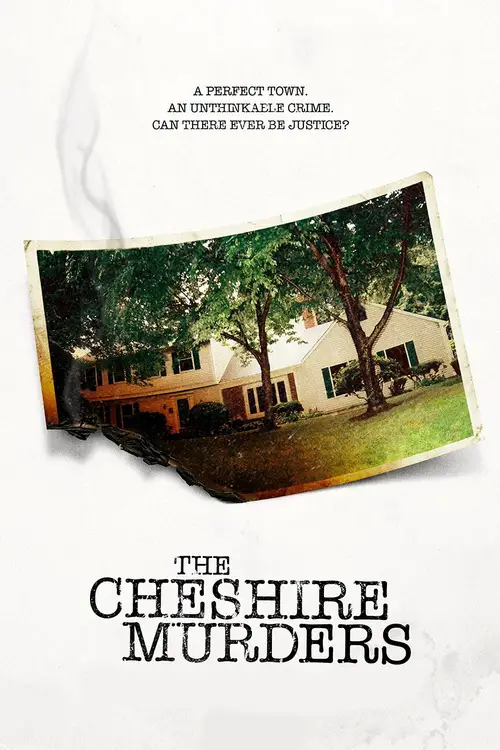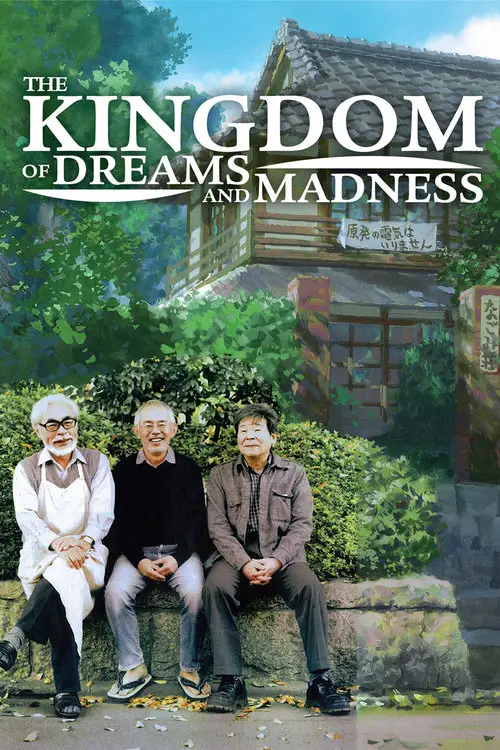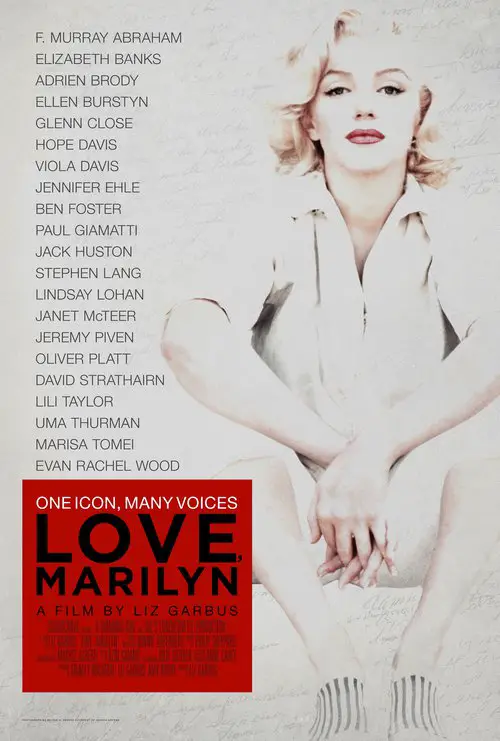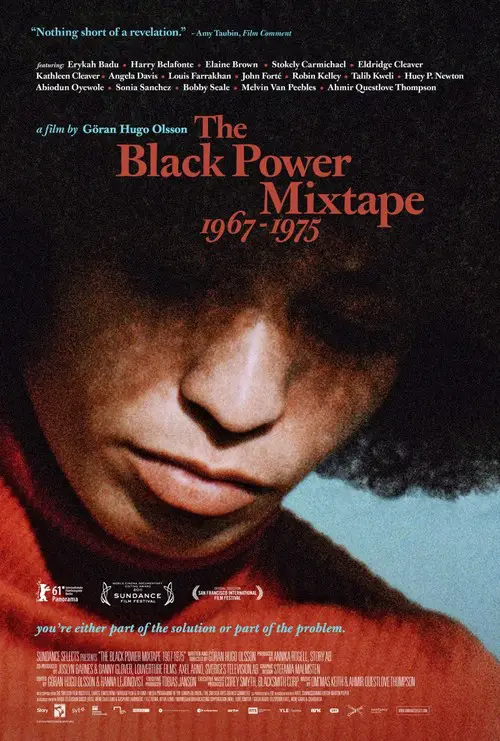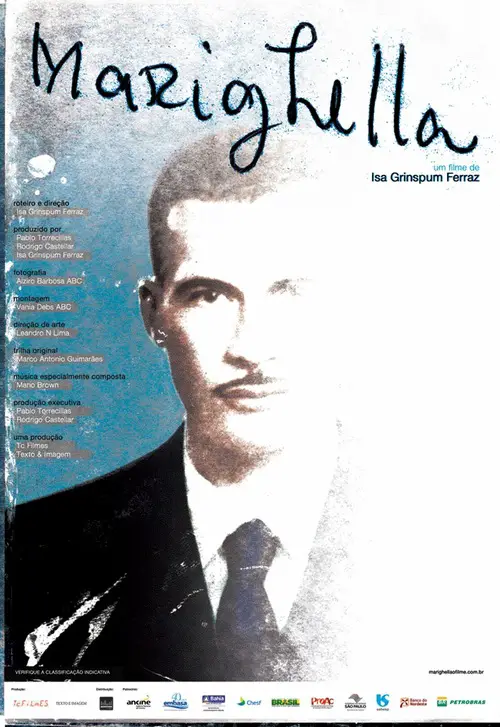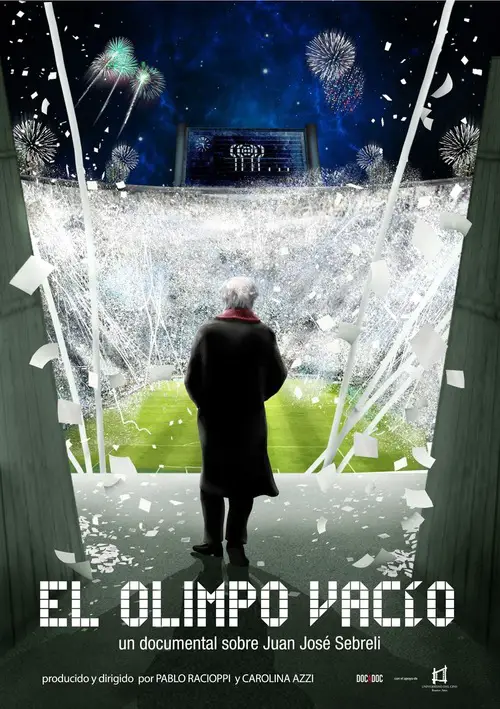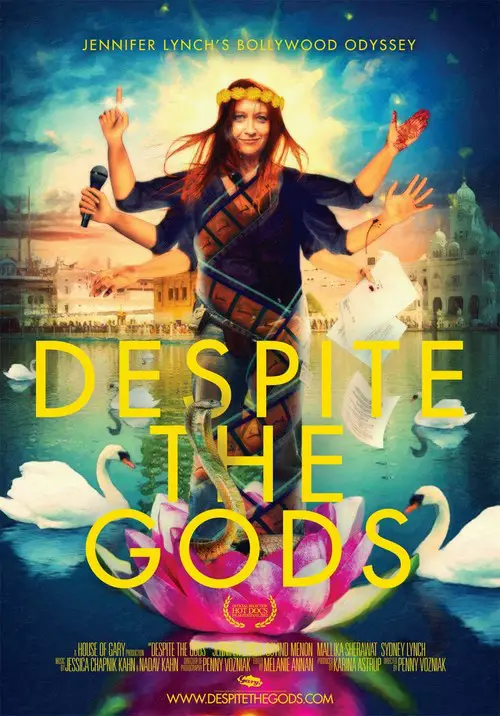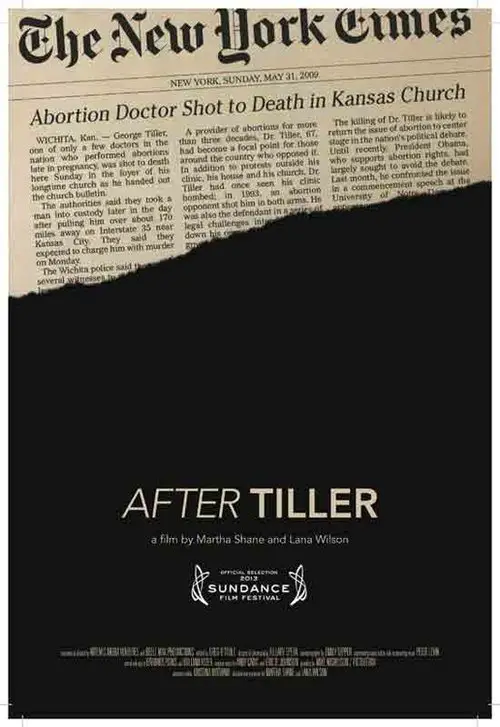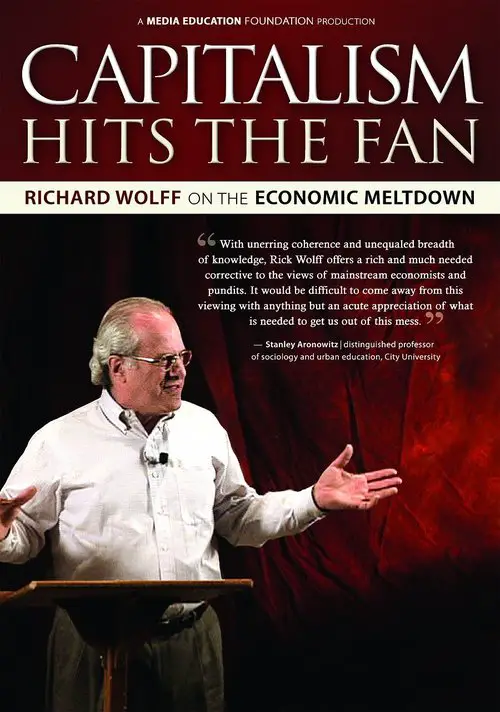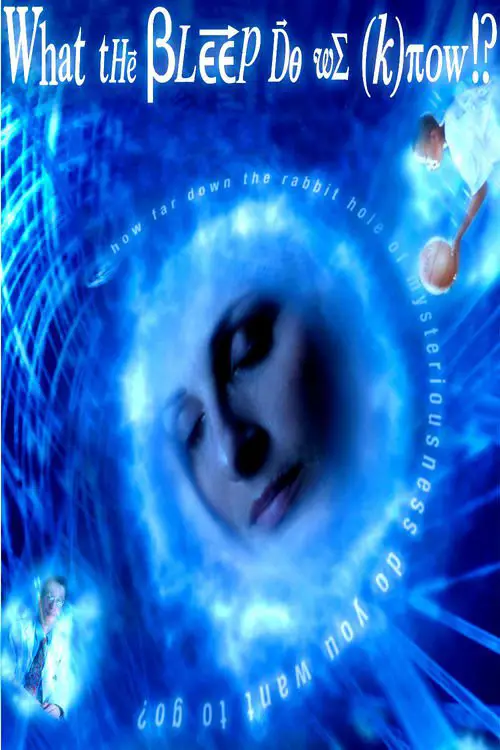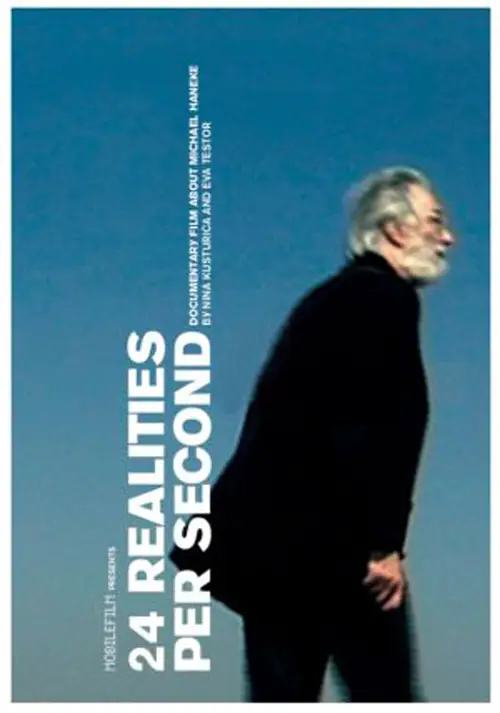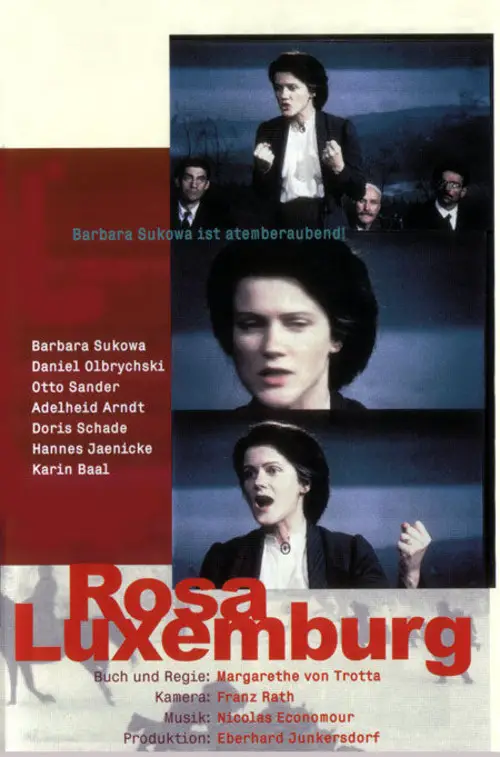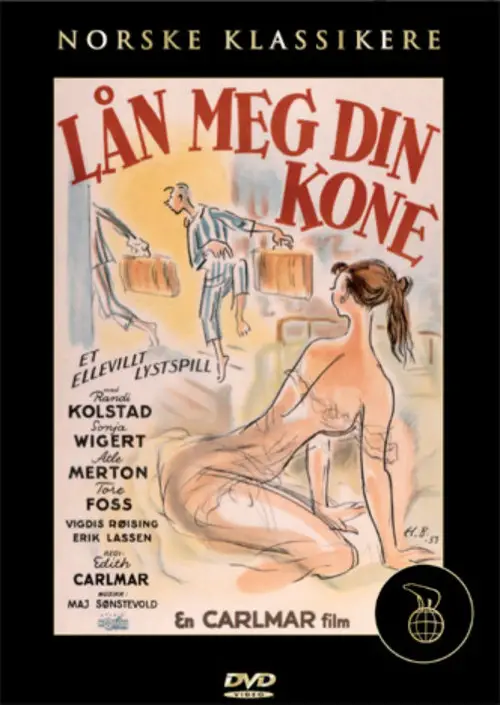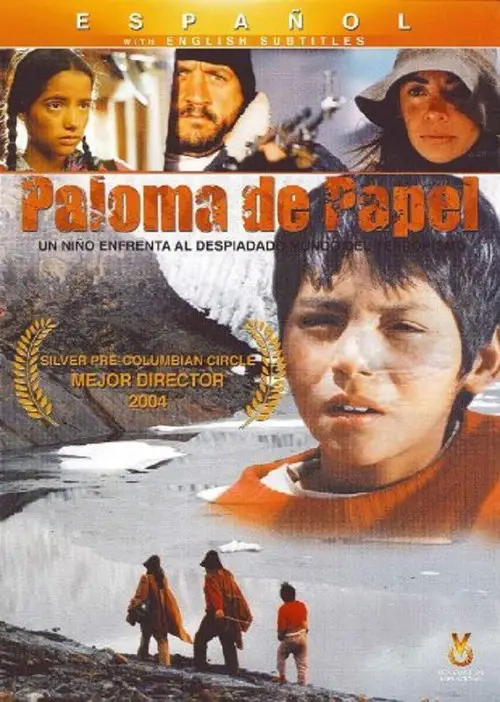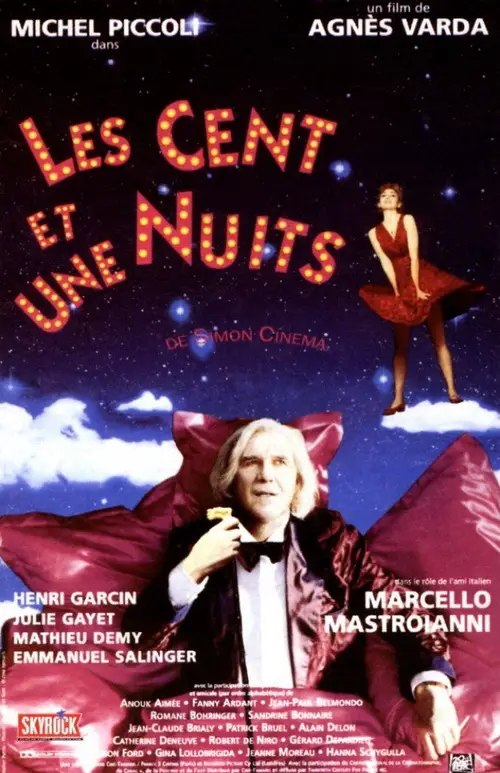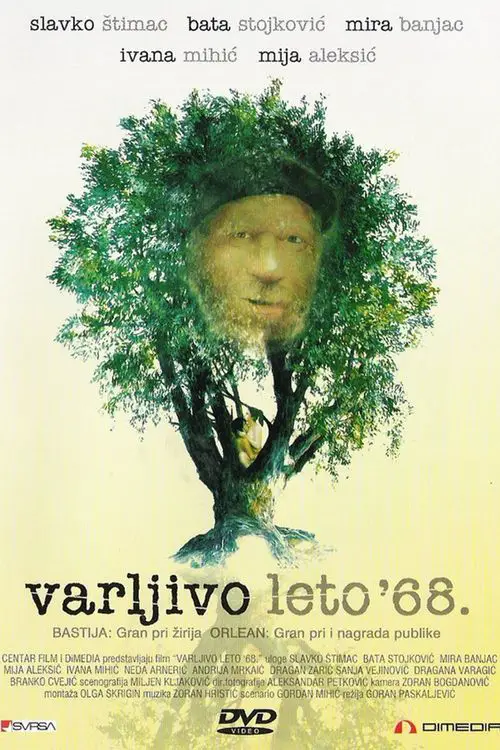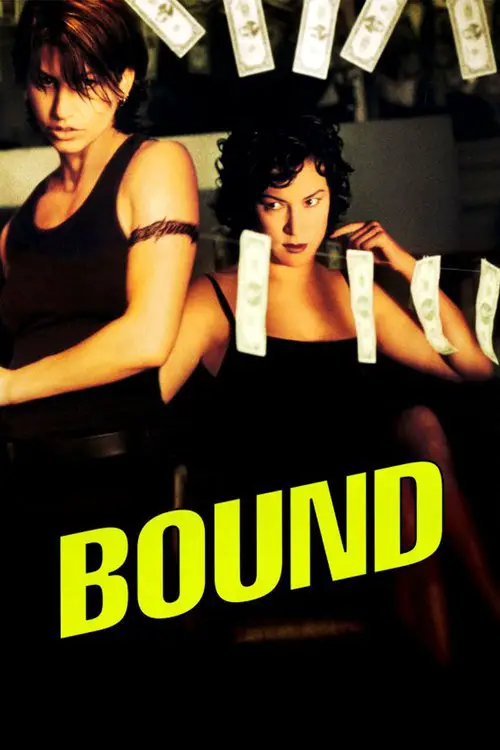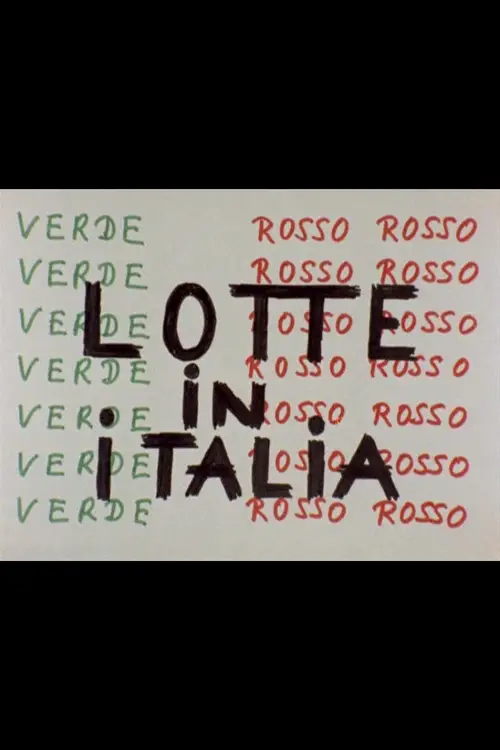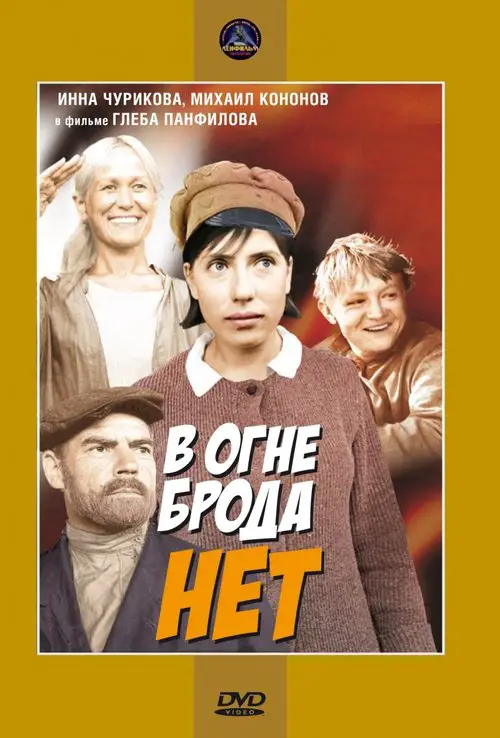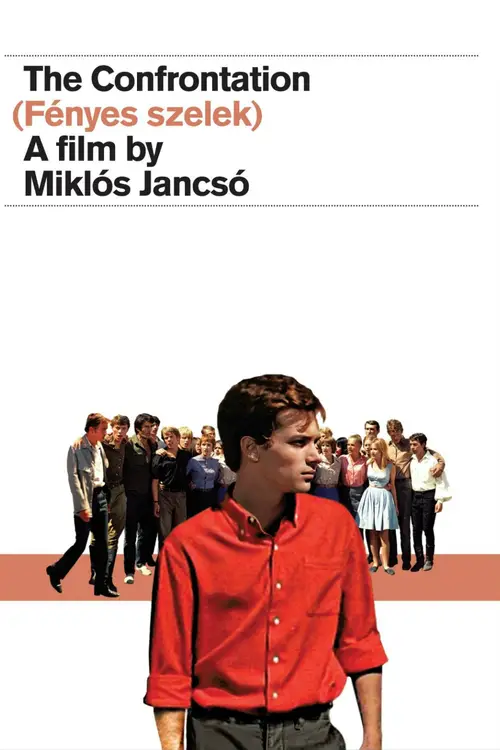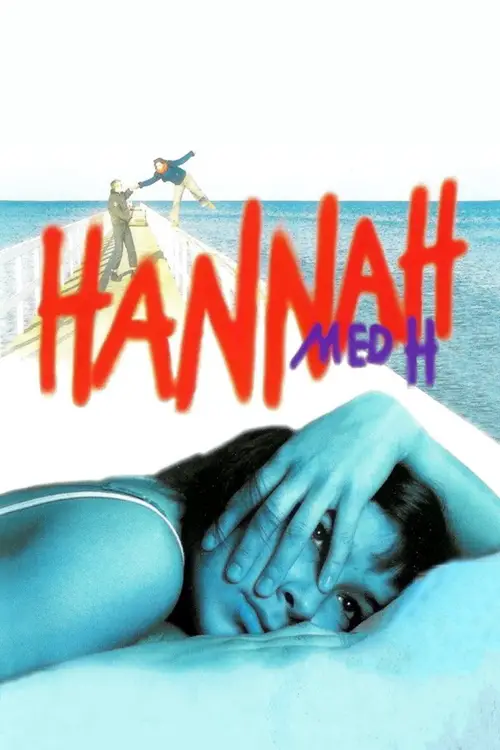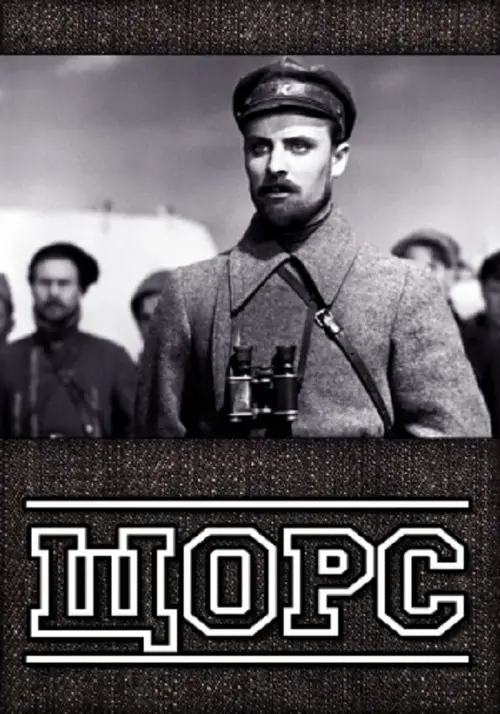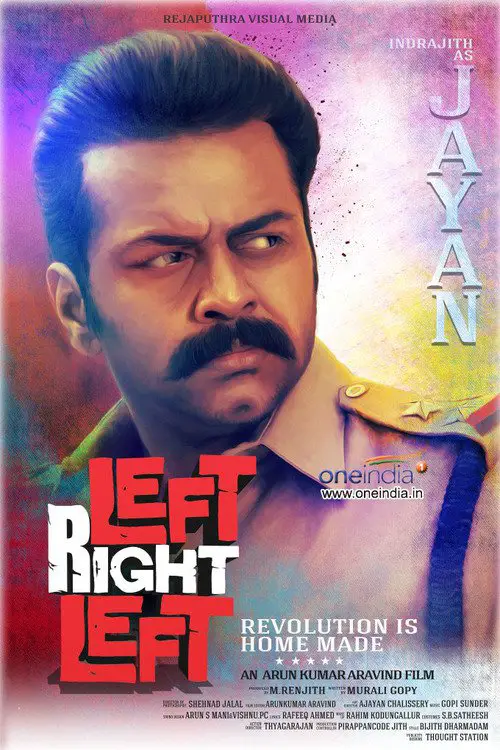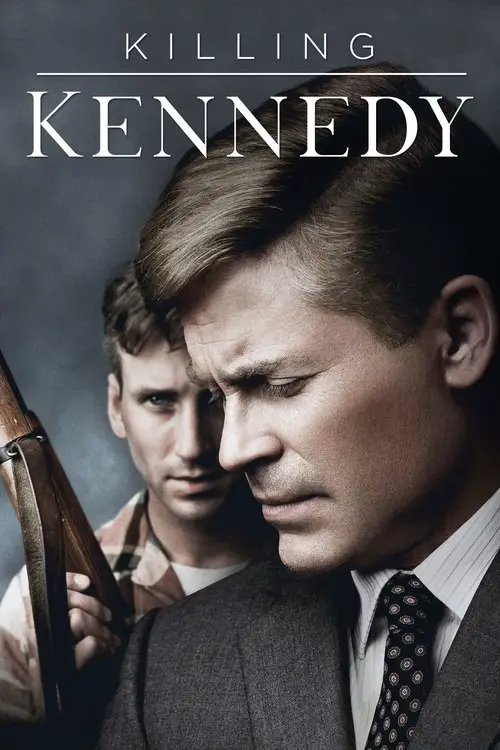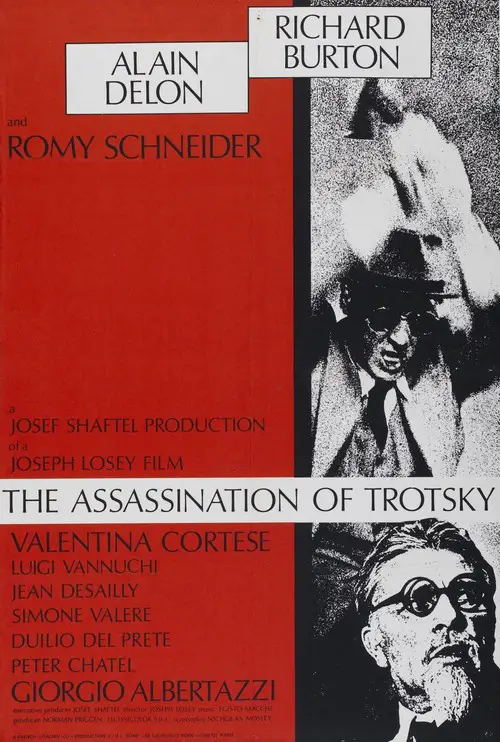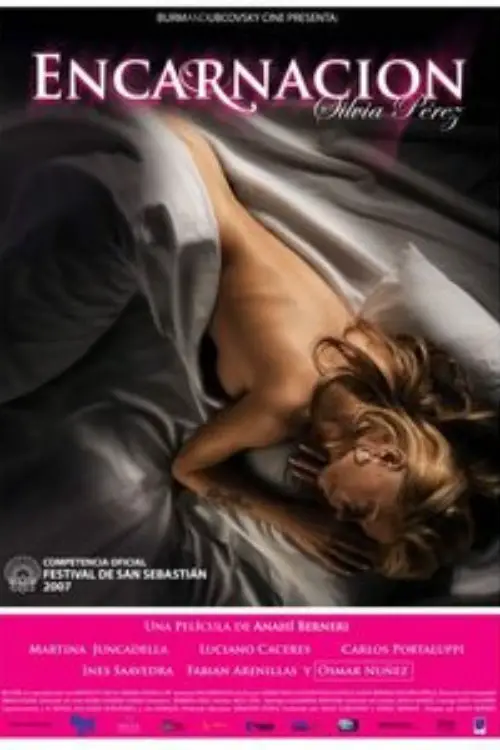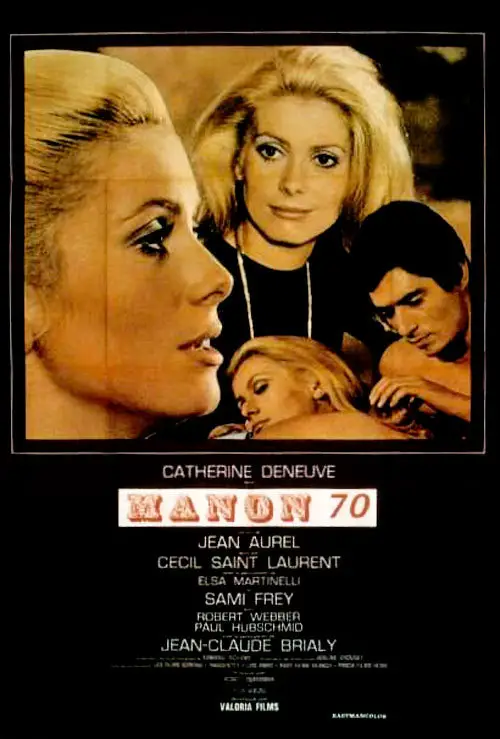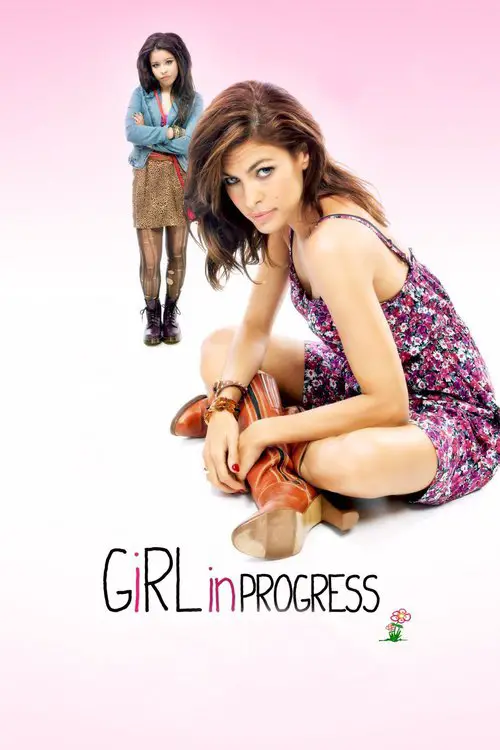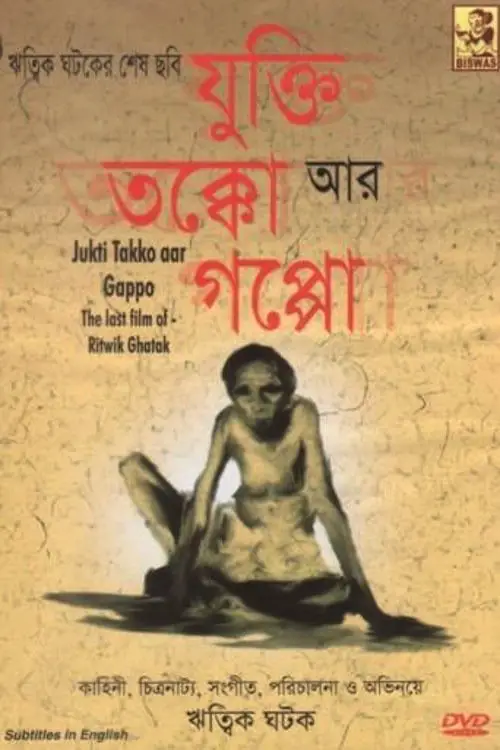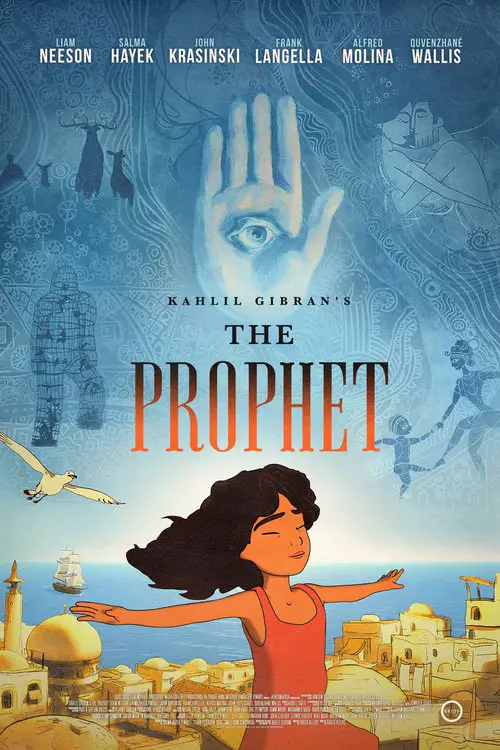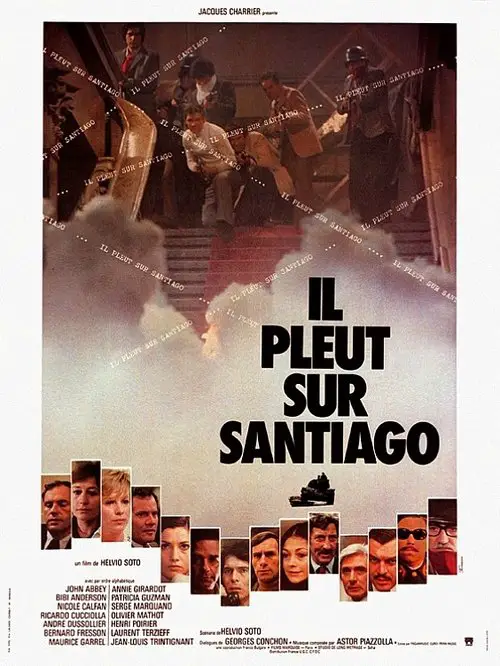Žižek! (2005)

Similar movies
Get up close and personal with 16 of the most successful women in the adult film industry as they shed their clothes for an intimate photo shoot with director Deborah Anderson. As questions are asked, personal stories about their lives are revealed, from why they chose the business of sex to how they got into it in the first place. These porn stars have always been discreet about their private lives in the past, yet Anderson has a way of opening up a dialog allowing them to share more than just their naked skin on screen. Their true inner vulnerability is touching, yet the characters they have created are confident and intoxicating. Once you hear their stories, you'll never look at them in the same way again.
This documentary about Henri-Georges Clouzotâs unfinished 1964 psycho-thriller LâEnfer is as tantalizing as it is frustrating. Despite remaining one of the most masterful of French directors, Cluozot inexplicably seems to have lost control on the big-budget production of LâEnfer. The long-lost raw footage is intriguing and dazzling, infused with swirling lights and blue-lipped, cigarette-puffing fantasy temptresses. Although directors Serge Bromberg and Ruxandra Mederea have managed to speak to numerous members of the original crew, this behind-the-scenes investigation has so little to say about the reasons behind Clouzotâs failure to complete the film. In spite of this, the undiminished power of Clouzotâs extraordinary images makes the documentary a fascinating watch.
In 1988 20-year-old Kirsi Marie Liimatainen travels from Finland to the GDR, to study Marxism-Leninism at the International Youth Academy. In summer of´89 the course ends and the students spread out over the world.Afew months later, the Berlin Wall falls. 24 years later Kirsi, sets out on a cinematic journey to Nicaragua, South Africa, Chile, Bolivia, Lebanon, Germany and Finland to meet up once more with her former fellow students. What remains of their dream of the liberation of the oppressed?
A leftist revolutionary or a reformist democrat? A committed Marxist or a constitutionalist politician? An ethical and moral man or, as Richard Nixon called him, a "son of a bitch"? In SALVADOR ALLENDE, acclaimed Chilean filmmaker Patricio Guzmán (The Battle of Chile and Chile, Obstinate Memory) returns to his native country thirty years after the 1973 military coup that overthrew Chile's Popular Unity government to examine the life of its leader, Salvador Allende, both as a politician and a man.
Filmmaking icon Agnès Varda, the award-winning director regarded by many as the grandmother of the French new wave, turns the camera on herself with this unique autobiographical documentary. Composed of film excerpts and elaborate dramatic re-creations, Varda's self-portrait recounts the highs and lows of her professional career, the many friendships that affected her life and her longtime marriage to cinematic giant Jacques Demy.
Free Angela is a feature-length documentary about Angela Davis and the high stakes crime, political movement, and trial that catapults the 26 year-old newly appointed philosophy professor at the University of California at Los Angeles into a seventies revolutionary political icon. Nearly forty years later, and for the first time, Angela Davis speaks frankly about the actions that branded her as a terrorist and simultaneously spurred a worldwide political movement for her freedom.
SYMPATHY FOR THE DEVIL is an exhilarating, provocative motion picture. The Rolling Stones rehearse their latest song, "Sympathy For the Devil," in a London studio. Beginning as a ballad, the track gradually acquires a pulsating groove, which gets Jagger into a rousing vocal display of soulful emotion that Godard is lucky enough to capture on film. Showing that rock and roll is more than just partying and goofing off, SYMPATHY FOR THE DEVIL is a brilliant portrait of the creative process at its most collaborative and arousing.
A revolutionary film about the cinematic genius of North Korea's late Dear Leader Kim Jung-IL, with a groundbreaking experiment at its heart - a propaganda film, made according to the rules of his 1987 manifesto. Through the shared love of cinema, AIM HIGH IN CREATION! forges an astonishing new bond between the hidden filmmakers of North Korea and their Free World collaborators. Revealing an unexpected truth about the most isolated nation on earth: filmmakers, no matter where they live, are family.
In the early-morning hours of July 23, 2007, in Cheshire, Conn., ex-convicts Steven Hayes and Joshua Komisarjevsky broke into the family home of Dr. William Petit, his wife, Jennifer Hawke-Petit, and their daughters, Michaela, 11, and Hayley, 17. Dr. Petit was beaten and tied to a pole in the basement. The three women were bound in their bedrooms while the men ransacked the house. The brutal ordeal continued throughout the morning, ending with rape, arson and a horrific triple homicide.
Biggest name left militancy in Brazil '60s, Carlos Marighella served in the main political events in Brazil between 1930 and 1969 and was considered the # 1 enemy of the Brazilian military dictatorship. Communist leader victim of prison and torture, parliamentarian, author of the world translated "Manual of the Urban Guerrilla," his life was a great act of strength and courage. Directed by his niece Isa Grinspum Ferraz, the feature Marighella is a historic building and affective this man who dedicated his life to thinking about Brazil and transform it through its action.
A powerful Argentine political film stands on the figure of an outsider intellectual, Sebreli, but manages to transcend it, he becomes a touchstone to go through Argentina and its dilemmas, through this country that is proud of almost everything it should be ashamed of. From national icons like Gardel, Evita, Che, and Maradona the film dialogs with recent Argentine history and it does so with extraordinary energy, supported by a rarely seen use of all kinds of archive material in an almost Dionysian state of sampleadelia. The film arrives to a surprising reflection on nationalism, demagogic governments and delusions of unanimity; problems that are common to emerging societies that cannot find their ways to a freer and more egalitarian society.
Since the assassination of Dr. George Tiller in Kansas in 2009, only four doctors in the United States continue to perform third-trimester abortions. These physicians, all colleagues of Dr. Tiller, sacrifice their safety and personal lives in the name of their fierce, unwavering conviction to help women.
With breathtaking clarity, renowned University of Massachusetts Economics Professor Richard Wolff breaks down the root causes of today's economic crisis, showing how it was decades in the making and in fact reflects seismic failures within the structures of American-style capitalism itself. Wolff traces the source of the economic crisis to the 1970s, when wages began to stagnate and American workers were forced into a dysfunctional spiral of borrowing and debt that ultimately exploded in the mortgage meltdown. By placing the crisis within this larger historical and systemic frame, Wolff argues convincingly that the proposed government "bailouts," stimulus packages, and calls for increased market regulation will not be enough to address the real causes of the crisis, in the end suggesting that far more fundamental change will be necessary to avoid future catastrophes.
Amanda (Marlee Maitlin) is a divorced woman who makes a living as a photographer. During the Fall of the year Amanda begins to see the world in new and different ways when she begins to question her role in life, her relationships with her career and men and what it all means. As the layers to her everyday experiences fall away insertions in the story with scientists, and philosophers and religious leaders impart information directly to an off-screen interviewer about academic issues, and Amanda begins to understand the basis to the quantum world beneath. During her epiphany as she considers the Great Questions raised by the host of inserted thinkers, Amanda slowly comprehends the various inspirations and begins to see the world in a new way.
Directors Nina Kusturica and Eva Testor followed Michael Haneke for a period of two and a half years. They accompanied him to film premieres and public appearances, radio interviews and photo shoots; they observed him as he scouted locations, directed actors on the set, and made final cuts in the editing room. In between, on long train and car rides, Haneke spoke candidly about his childhood, his transition to filmmaking, and his views on cinema, discussing films that inspired him and his own work (he counts The Seventh Continent and 71 Fragments of a Chronology of Chance among his favorites). What emerges in this insightful documentary is a portrait of a dedicated filmmaker, a charming yet elusive figure in thrall to cinema and the constant perfection of his craft.
Wronke Prison, 1916. Social democrat Rosa Luxemburg faces a mock execution. Twenty years earlier, Rosa's political gifts are acknowledged by everyone, as she struggles for democratic government in Germany and revolution in Poland. There she works closely with Leo Jogiches. Their political activity creates some difficulty for their personal relationship... As international tensions rise, Rosa makes speeches denouncing war and militarism. She seems too radical for her fellow Socialists. She meets Karl Liebknecht. When World War I begins, Rosa and Karl are united in opposition...
"Let Me Borrow Your Wife". This is a light comedy from Edith Carlmar, Norways first woman director. It takes place in a company that sells baby toys. It is time to fill a leading position, and it is known the owner of the company only places married men on leading positions. This leads a young bachelor to "borrow" his best friends wife to have a chance at the position. This leads to a lot of comic misunderstandings, not the least because the owner of the company himself falls for the new young wife.
Juan, a young man convicted of terrorism, is given amnesty from a Lima prison; he boards a bus to return home and, in his mind's eye, recalls events in his village near Huaraz when he was 10 or 12. His father is long dead, his mother lives with Fermin, secretly a sympathizer with the Communist guerrillas in the hills. Town leaders are assassinated at night. When Juan discovers Fermin's secret, Juan is spirited away to the guerrillas to learn Marxist slogans and how to fight. When the band decides to attack the town to avenge the death of a comrade, Juan must choose.
Monsieur Cinema, a hundred years old, lives alone in a large villa. His memories fade away, so he engages a young woman to tell him stories about all the movies ever made. Also a line of movie stars comes to visit him giving him back the pleasure of life - but amongst them there are also some young students only striving after his money for the realization of their film projects. The two stories - Monsieur Cinema's and the young people's life - are told in parallel until they come together in the end when the old man plays a role in the film made by the students.
Paralleling the dramatic student protests and riots that were exploding across the world in the 1960s at the time the film was made, The Confrontation is a story of protest and rebellion in 1947 Hungary when the Communist Party have just taken power. Jancsó's first colour film is another virtuoso display by a director at the peak of his powers, and eloquently explores the complex issues and inherent problems of revolutionary democracy.
The year is 1919. German troops retreat from Ukraine. The Directory, the Ukrainian national government lead by Symon Petliura, takes control of Kyiv. Meanwhile, the Bolshevik division commanded by Mykola Shchors is marching on the capital. The Bolsheviks capture the cities of Vinnytsia, Zhmerynka, and others one by one, but lose Berdychiv to Petliuraâs forces. They are demoralized by the defeat. By his personal example of courage and military skill, Shchors inspires the retreating Red troops and leads them to victory over the enemy.
The basic story of the movie revolves around P.K. Jayan aka 'Vattu' Jayan (played by Indrajith) and Roy Joseph aka Che Guevera Roy (played by Murali Gopy). Vattu Jayan is a corrupt cop who manages his daily necessities through bribed money and does not touch his salary for anything. Che Guevara Roy is an ex-communist comrade who now teaches in a school with his wife.
Drama documentary based on Bill O'Reilly's and Martin Dugard's 2012 non-fiction book "Killing Kennedy: The End of Camelot". It follows the parallel lives of John F. Kennedy and Lee Harvey Oswald from the winter 1959-1960 to those fatal days in Dallas in November 1963, when they both died within two days after each other and were buried on the same day - John F. Kennedy in a state funeral in Washington D.C., broadcast live both to Europe and the Pacific, while Oswald was buried in Forth Worth at a small funeral where the attending reporters were asked to act as pallbearers.
In this film Ghatak plays role of Nilkantha Bagchi, an alcoholic, disillusioned broken intellectual,[7] in the character's own words "a humbug". His wife leaves him because of his insufferable alcoholism. After losing his wife and forced from his home, he wanders through the countryside and meets unusual folks along the way. He meets Bongobala, who is driven away from Bangladesh and does not have any shelter in Kolkata, he gives her shelter. He meets Jagannath Bhattacharjee, a village school teacher of Sanskrit. The school got closed after political killings and Jagannath came to Kolkata in search of job. He meets Naxalites whom he describes as "frame of Bengal", but misguided, successful and unsuccessful at the same time.
© Valossa 2015–2026
| Privacy Policy
